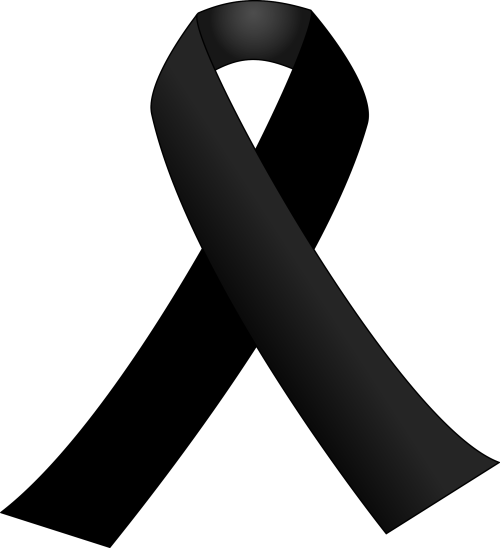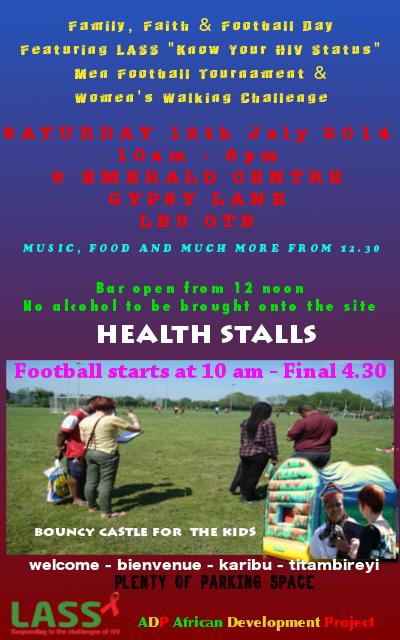
MORE than 100 AIDS activists, researchers and health workers bound for a major conference in Melbourne were on the Malaysia Airlines flight downed in the Ukraine.
It is believed that delegates to the 20th International AIDS Conference, due to begin on Sunday, will be informed today that 108 of their colleagues and family members died on MH17.
Stunned researchers, activists and development workers arriving at Melbourne Airport paid tribute to AIDS researcher Joep Lange and the other attendees believed killed aboard MH17.
Jonathan Quick, head of a not-for–profit medicine supply company working with the Global Fund and the US government in Africa and Latin America, described Professor Lange as a force for change in HIV/AIDS treatment.
“I remember meeting him back in the late 1990s. He was really driven at a time when there was not much going on in the way of treatment,” he said.
“This is a community in which individuals have moved mountains and it’s also a community that has had regular exposure to horrific loss.”
Mr Quick, who runs Management Sciences for Health, will introduce an address by former High Court judge Michael Kirby at the conference.
Activist and journalist Sean Strub, who runs the New York based POZ magazine, said the conference was shaken by the tragedy and by Professor Lange’s death.
“It’s going to be a very sombre week,’’ he said. “The struggle with the epidemic is bigger than any one individual but the collective loss of so many important people is one that is emotionally devastating.”
Kenyan development worker Perez Odera said she feared the tragedy would dissuade people from flying to conferences such as this.
“I just feel it is very, very unfortunate. It’s something we don’t have control over,’’ she said.
Dr Robert Grant, a researcher from the Gladstone Institute at the University of California, said that on arriving in Melbourne he had heard reports Prof Lange had died.
He declined to say he was speaking about Prof Lange ahead of confirmation of the death, but said a senior colleague — thought to be the Dutch researcher — appeared to have perished.
“It’s incredible. He’s been a mentor to me and an incredible leader in this field. We have published together and I have relied on him for advice and guidance,” he said.
Another delegate, Jennifer Watt, who works for a pharmaceutical company in San Francisco, talked of Prof Lange‘s work in Africa.
“I have worked very closely with him in a number of clinical research projects. He’s very well known and a very passionate person. He’s the father of AIDS research in the developing world,’’ she said.
Another attendee, Houston based community worker Moise Arrah, said the news was devastating. “People were coming here for such a noble cause and then they lose their lives in such a tragedy.”
Prof Lange was a clinical researcher specialising in HIV therapy who served as the International AIDS Society president from 2002 to 2004.
His friend Dr Seema Yasmin, from the US Centers for Disease Control, said Prof Lange was a true humanitarian.
“What a HUGE loss to the world,” she tweeted. “Just learned that dear friend, amazing father to 5 girls and veteran AIDS researcher Joep Lange was on #MH17.”
Australia’s National AIDS Trust paid tribute to Prof Lange.
“Reports Joep Lange died in Malaysian plane crash today, with other scientists on way to AIDS_conference. Desperately sad news,” it said on Twitter.
American academic and AIDS activist Gregg Gonsalves tweeted that “Lots of AIDS researchers, activists, officials on downed Malaysia Airlines flight to Melbourne for Intl AIDS Conference.
“Joep Lange was a leading AIDS researcher and clinician and an activist at heart. Lost today too soon on Malaysian flight 019. RIP.”
A Geneva-based World Health Organisation media adviser, Glenn Thomas, is also believed to be among the dead.
Dr Haileyesus Getahun, coordinator of the WHO’s Global TB program, tweeted: “Saddened to learn that my friend and @WHO staff who was traveling to @AIDS_conference to Melbourne was on flight #MH17. RIP #Glenn Thomas”.
His colleague Dr Rachel Baggaley, of the WHO’s HIV Department, told Vox: “I’m just devastated. He’s a very close colleague whom I work with on a daily basis.
“He just had his birthday, he was going to plan all sorts of celebrations.”
Nicole Schiegg, a former Senior Advisor at USAID, tweeted: “I am still stunned. So sorry & thoughts are with Glenn’s extended @WHO family at this time.
“Glenn was a great guy & will be missed.”
Jennifer Yang, global health reporter at the Toronto Star, tweeted: “So saddened to hear about lovely, funny, whip-smart Glenn.”
Delegates Lucie van Mens, Martine de Schutter, Pim de Kuijer and Jacqueline van Tongeren were also reportedly on the flight.
Dr Van Mens, director of program development and support at the Female Health Company, had been involved in public health, focusing on prevention of STIs and HIV/AIDS, since 1995.
Ms Van Tongeren had worked in the field of HIV/Aids since 1986, and coordinated many HIV/AIDS- and health-related projects. She ran an art gallery in Amsterdam in the 1970s and 1980s and worked closely with Prof Lange.
Organisers of the AIDS 2014 conference in Melbourne are awaiting confirmation of how many delegates were aboard the Malaysian Airlines flight shot down over eastern Ukraine.
International Aids Society president-elect Chris Beyrer issued a brief statement outside the Melbourne Convention Centre, where the world’s leading HIV researchers and scientists, former US president Bill Clinton and philanthropist Bob Geldolf will gather for next week’s conference.
“The International AIDS Society today expressed its sincere sadness at receiving news that colleagues and friends en route to attend the 20th International AIDS Conference taking place in Melbourne, Australia, were on board the Malaysian Airlines MH17 flight that has crashed over Ukraine earlier today,” Mr Beyrer said.
“At this incredibly said and sensitive time the IAS stands with our international family and sends condolences to the loved ones of those who have been lost to this tragedy.
“The IAS is hearing unconfirmed reports that some of our friends and colleagues were on board the flight and if that is the case this is a truly sad day.
“The IAS has also heard reports that among the passengers was a former IAS President Joep Lange and if that is the case then the HIV/AIDS movement has truly lost a giant.”
UNAIDS executive director Michel Sidibe tweeted: “My thoughts & prayers to families of those tragically lost on flight #MH17. Many passengers were enroute to #AIDS2014 here in #Melbourne.”
The IAS released a statement today confirming the death of a number of attendees to the 20th Annual AIDS Conference.
“The International AIDS Society (IAS) today expresses its sincere sadness at receiving news that a number of colleagues and friends en route to attend the 20th International AIDS Conference taking place in Melbourne, Australia, were on board the Malaysian Airlines MH17 flight that has crashed over Ukraine earlier today,’’ it said.
“At this incredibly sad and sensitive time the IAS stands with our international family and sends condolences to the loved ones of those who have been lost to this tragedy.”
Bill Clinton, Bob Geldof, Michel Sidibe , the executive director of the Global Fund to Fight AIDS, Tuberculosis and Malaria Mark Dybul, Indonesian Health Minister Nafsiam Mboi, Swedish Ambassador for Global Health Anders Nordstrom are down as speakers at the conference.
STAY UPDATED














